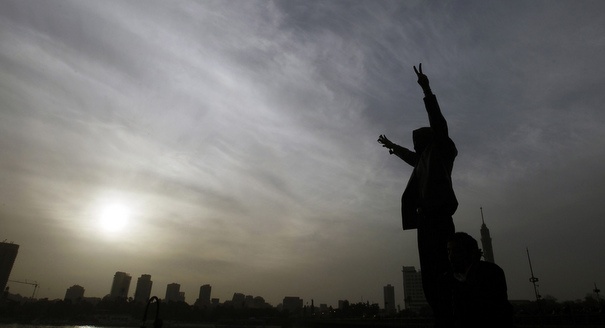Registration
You will receive an email confirming your registration.
Disorder and shifting alliances is the new normal in the Middle East and North Africa. In pursuit of long-term stability in its Southern neighborhood, the EU needs a new and effective strategy to protect its interests and promote its values across the region. Can the EU influence the future shape of the Middle East and North Africa?
Carnegie Europe convened a day-long roundtable focused on Europe’s Southern neighborhood. Marwan Muasher, vice president for studies at Carnegie and former foreign minister of Jordan, kicked off the discussion.
The following questions were addressed:
Session 1: Long-Term Prospects and Challenges
- What are the most pressing challenges (such as conflicts, transitions, sectarianism, Islamism, resource shortages, and demographics) across the region?
- How might regional state rivalries and the role of external actors evolve?
- What is the perception and potential role of the EU and its member-state governments in the region?
Session 2: Defining EU Strategic Priorities
- What are European interests in the region (such as migration, energy, counterterrorism, conflict management, and trade), and what should be the EU’s top three priorities?
- To protect its interests, how should the EU balance bilateral relations with individual governments with a more regional or subregional approach?
- Working with its member states and other external actors, can the EU both protect its interests and promote its values in the region?
Session 3: The Way Forward for EU Policies
- What have been the EU’s most effective policies (or policy instruments, such as the European Neighborhood Policy)?
- To which policies (such as state building, humanitarian aid, counterterrorism, or economic development) should the EU direct more resources?
- What should the EU stop doing?
